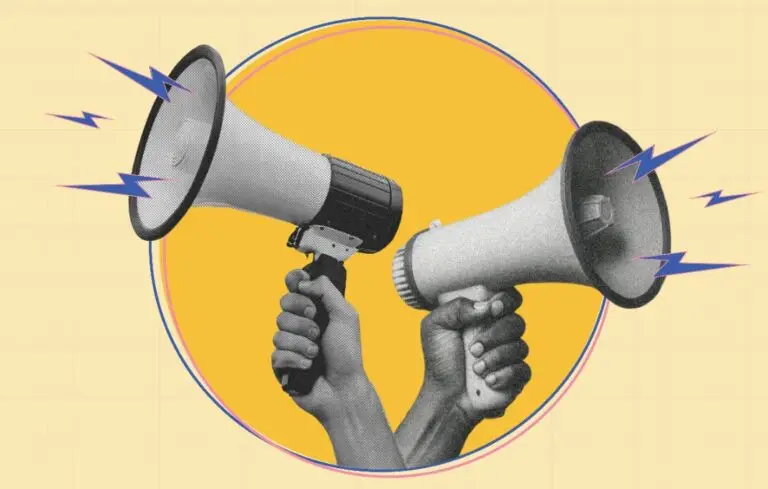Border tax supporters, including Boeing’s Dennis Muilenberg and GE’s Jeffrey Immelt, claimed they’re at a competitive disadvantage. Detractors in the retail sector argued a border tax could cost American households $1,700 a year.
The CEOs of 16 American manufacturing companies have written to lawmakers suggesting a controversial border tax proposal would level the international playing field, earning an instant rebuke from their colleagues in the retail sector.
Nobody is sure if plans for a 20% import tariff proposed by some House Republicans will get through the Senate and all eyes will be on Donald Trump’s promised tax plan announcement, expected any day now, to provide some clarity. An import tax would help fund a proposed reduction in the nation’s corporate tax rate to 20% from 35%. Revenue on exports would also become tax deductible.
Big manufacturers that earn most of their revenue overseas have long argued that rivals in places including Europe pay less taxes on exports, making American products more expensive and less competitive. Boeing’s Dennis Muilenberg, GE’s Jeff Immelt, Oracle’s Safra Catz and Pfizer’s Ian Read are among the CEOs that signed the letter addressed to lawmakers, including House Speaker Paul Ryan.
“This reform is consistent with the tax policies of nearly every other country in the world, and it would effectively end the ‘Made in America’ tax that creates an unfair advantage for foreign-based companies at the expense of U.S. jobs and economic growth,” the letter, which can be viewed here, said.
Soon afterward, a group of more than 100 retail-sector CEOs, shot back with a statement claiming that American exporters already enjoyed sizable tax benefits. “Facts are stubborn things and the reality is that many of the companies taking part in the American Made Coalition’s efforts already pay an effective tax rate that is significantly lower than the statutory income tax rate and are asking consumers pay more so that they can pay even less,” the group, called Americans for Affordable Products, said.
Supporters of the border tax argue it would strengthen the dollar, neutralizing negative affects on importers. Detractors fear currency movements are influenced by many other factors and warn the border tax could force them to pay 20% more for essential family items such as clothes, food, medicine and gasoline.
That could increase annual costs for middle income households by $1,700 year year, Americans for Affordable Products said. CEOs from the retail sector, including Target’s Brian Cornell, Best Buy’s Hubert Joly put their case against the tax to Trump during a visit to Washington last week.
The president subsequently traveled to a Boeing factory in North Carolina on Friday to mark the roll-out of a new model passenger jet. “We are going to lower taxes on American business so it’s cheaper and easier to produce products and beautiful things like airplanes right here in America,” he said at the time.
Trump has previously described the current border tax proposal as “complicated”. He announced on February 9th that he would unveil a “phenomenal” tax plan “over the next two or three weeks.”







